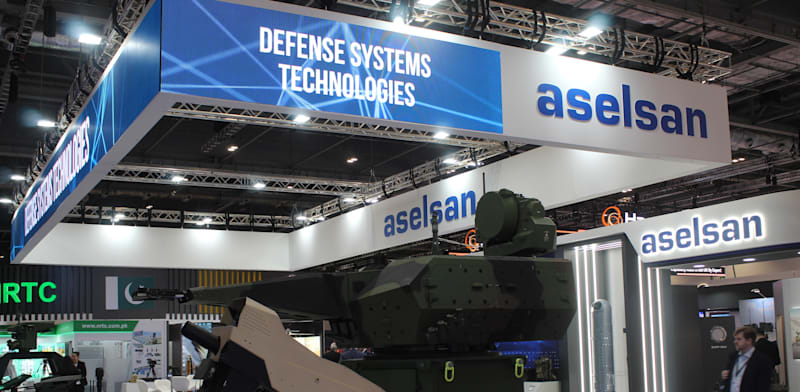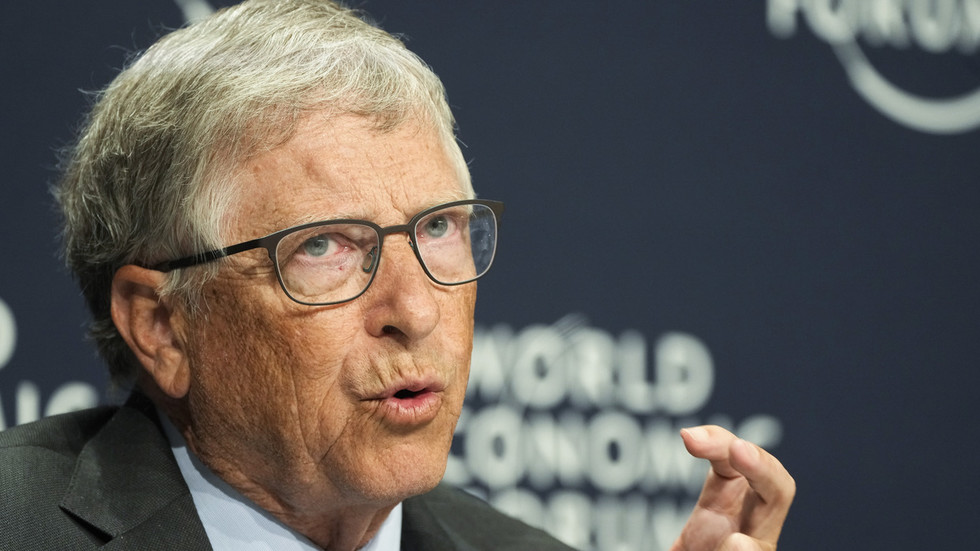Maruti Suzuki India (MSIL) will start exporting its first ‘Made in India’ electric cars to Japan and Europe by the end of this year and will then launch for the domestic market by early 2025, R C Bhargava, Chairman, MSIL has said..
“We will start (roll out) the electric vehicles (EVs) by the end of this year. But the first lot of the EVs to be manufactured are going to be exported both to Europe and Japan. Probably, we will start for domestic in 2025,” Bhargava told businessline.
Maruti eVX
This will be the company’s first EV in the sports utility vehicle (SUV) segment and is code named eVX. MSIL had revealed the concept electric SUV eVX in the Auto Expo last year, showcasing MSIL’s plans towards electric mobility in India.
- Also read: Auto sales growth likely to be muted in 2024: Maruti Suzuki executive
The vehicle is designed and developed by Suzuki Motor Corporation (Japan), underpinned by a ground-up all-electric platform that will spawn a range of future EVs.
It will be powered by a 60 kWh battery pack offering up to 550 km of driving range. The concept eVX has a futuristic design with longer wheelbase and shorter overhang to convey design athleticism and robustness along with unmatched cabin roominess and comfort, the company had said.
Suzuki Motor Corporation (SMC) has committed ₹10,000 crore investment for production of battery electric vehicle (BEVs) and batteries in India over the next six-seven years and will launch six EVs by 2030.
“To provide a full range of products and services, Suzuki will provide not only battery EVs but also carbon neutral internal combustion engine (ICE) vehicles that use CNG, biogas, and ethanol mixed fuels,” SMC said in a statement in January 2023.
When asked about the launch time of the first EV in India, Bhargava said that company has not decided on the month neither has any date been finalised. The eVX will be competing with the likes of Tata Punch.ev, which was launched last week, priced between ₹10.99 lakh and ₹15.49 lakh (ex-showroom).
Challenges
Talking about challenges around EVs, whether it is charging infrastructure or range anxiety or cost, he said: “EVs have a place, we will get into EVs. I think EV technology will also change…just now there are many ssues around EVs globally, not India (yet) and one of the major issue is of parking, not all have their own garages.”
He said several cars are still parked on the roadside of the residential areas or on open spaces, so putting up chargers in such places is not feasible, and people can’t visit public charging stations every time they require their EVs require charging.
Hence, the country should also promote vehicles which are run on alternative fuels. “India has alternative fuels which are cleaner like bio-fuels, totally renewable and some of it is even carbon negative, and if you use all the wastes, you would actually clean the country also. India would become a cleaner country,” Bhargava added.
















